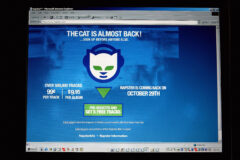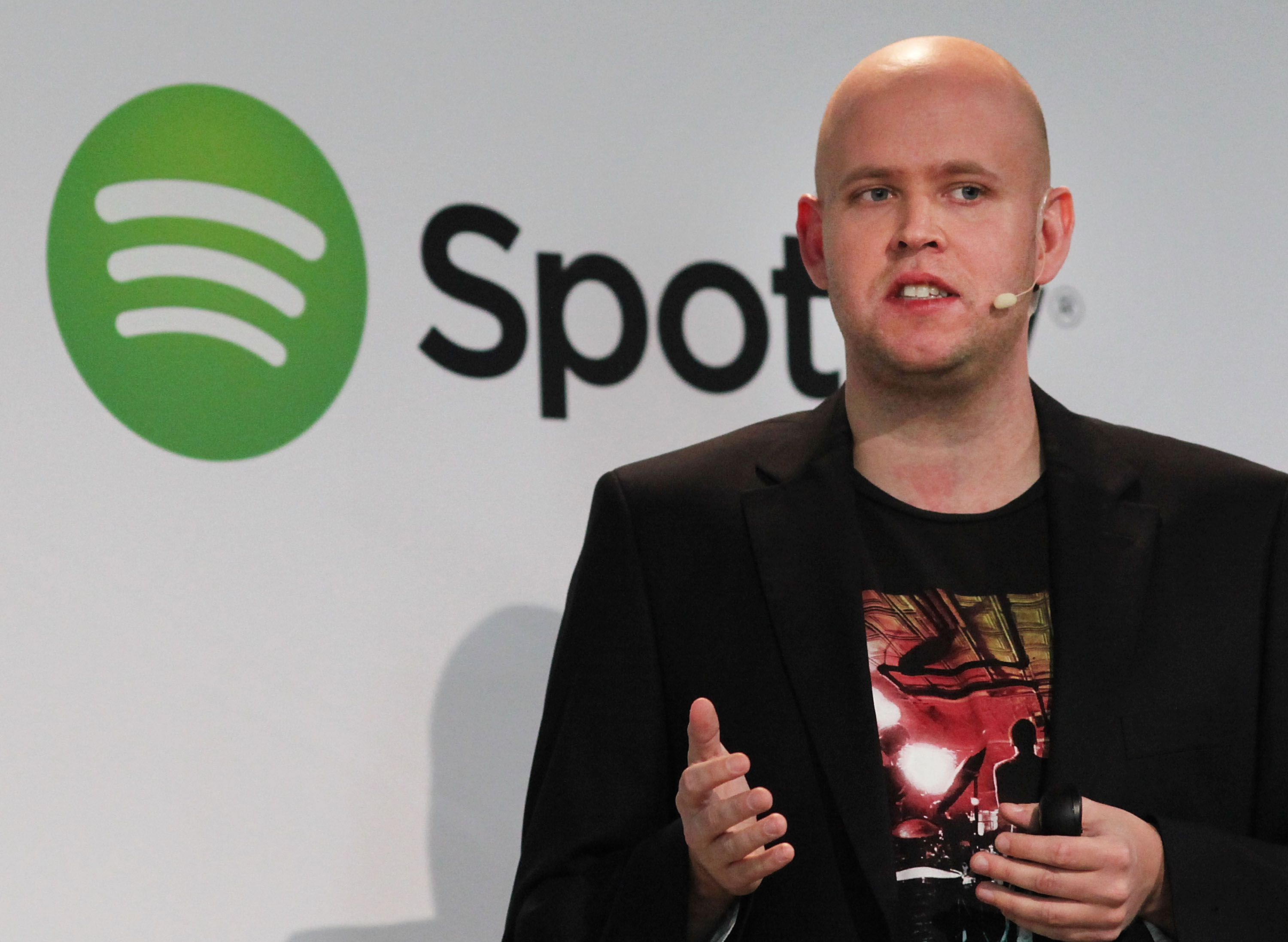The Nashville Metro Council has passed a resolution demanding that Spotify, Google, Amazon, and Pandora accept a 44 percent increase to songwriters’ portion of streaming royalties.
The resolution follows weeks of protest by songwriters and trade groups against the four tech companies, which recently announced plans to appeal the rate increase, ordered last year by the Copyright Royalty Board, the three-judge panel that governs royalty law. The council’s resolution, while symbolic, asks the four tech behemoths to “refrain from any appeal.”
“We have the greatest concentration of songwriters in any city in the world,” council member Jeff Syracuse, who also works in BMI’s licensing department, told Billboard. “This was an opportunity to advocate for that.” He added, “It’s obviously critically important that we have viable songwriters, because they are the basis of the entire music industry.”
The CRB ruling—the result of a two-year trial on how royalty splits might adapt to the streaming era—raises songwriters’ portion of mechanical royalties from 10.5 percent of revenue to 15.1 percent of revenue by 2022. The National Music Publishers Association’s president has called the ruling songwriters’ “second meaningful rate increase in 110 years.”

Also Read
WHY SO MANY MUSIC TECH DEALS FAIL
Earlier this month, nearly 100 leading songwriters, including Nile Rodgers, Babyface, and Frank Dukes, published an open letter demanding that Spotify specifically drop its appeal, and around 300 songwriters gathered last week in Nashville for a so-called town hall to discuss the conflict. All four tech companies declined invitations to attend the Nashville event.




